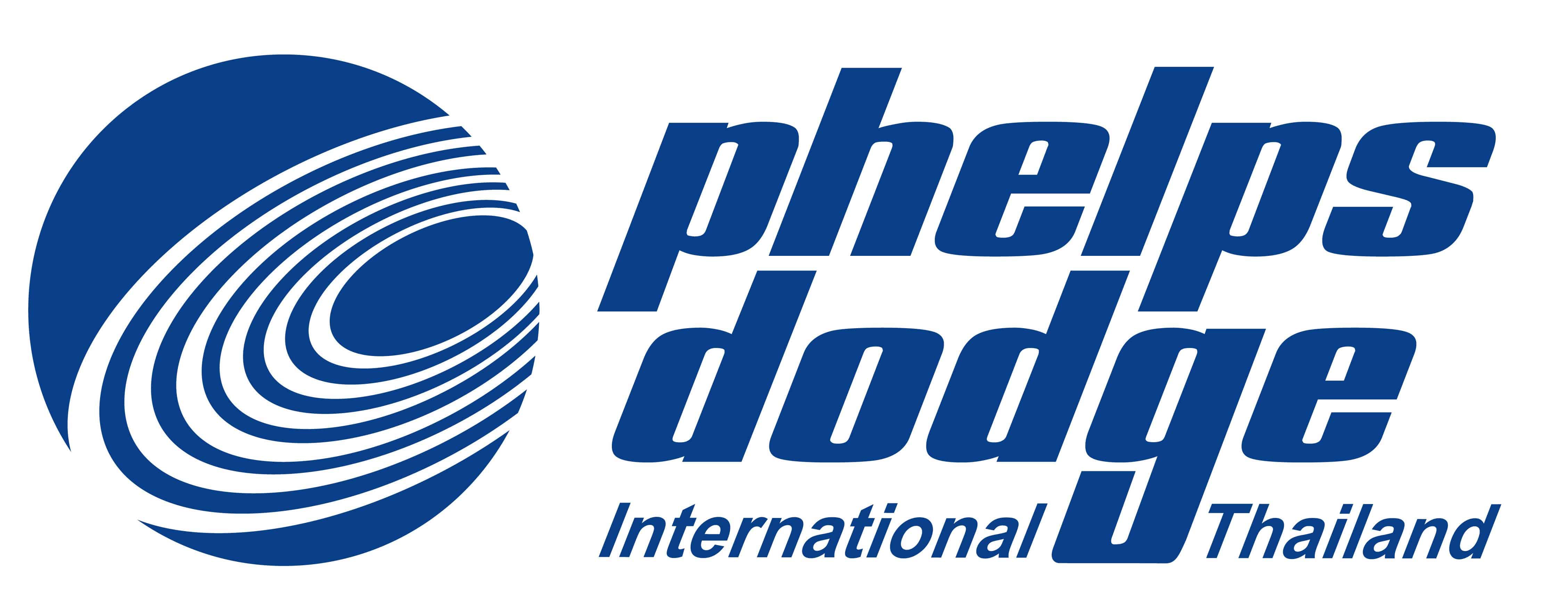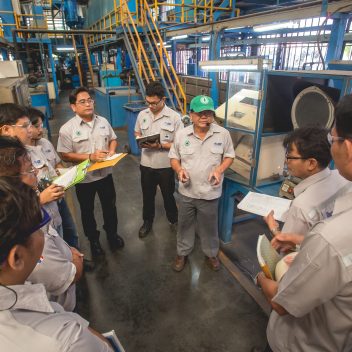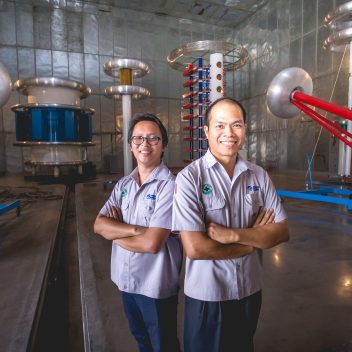Anti-Corruption Policy and Practices
Phelps dodge international (Thailand) company limited recognizes the importance of combating corruption, both within and outside the organization.
We are committed to conducting our business with honesty and transparency to build trust with our partners, customers, and shareholders. To this end, the company has established a comprehensive anti-corruption policy and communicates the standards of conduct uniformly to the Board of Directors, management, and all employees.
Download Anti-Corruption Policy
Code of Conduct
With more than 55 years of experience, Phelps Dodge International (Thailand) Company Limited [PDITL] is a well-known leading wire & cable company in Thailand. However, in 2023 an unforeseen incident occurred due to the actions of the former management, which significantly compromised the business’s ethics and integrity. This incident greatly affected the company’s trust among stakeholders. Rebuilding this confidence becomes the primary responsibility of the new management team and all employees.
PDITL has reviewed its operating code of conduct to align with the present situation. Ensuring transparency at every stage of business and implementing easily auditable processes such as procurement, sales, and invoicing, are vital steps taken.
Code of conduct is pivotal in driving business operations, the company has outlined as set of nine key policies under its ethics and integrity framework, serving as guidelines of conduct. These standards must be strictly adhered to and integrated into the internal control system, cascading down to all levels of management and staff.
PDITL firmly believes that conducting business under robust governance will foster an organizational culture of transparency and sustained growth.






